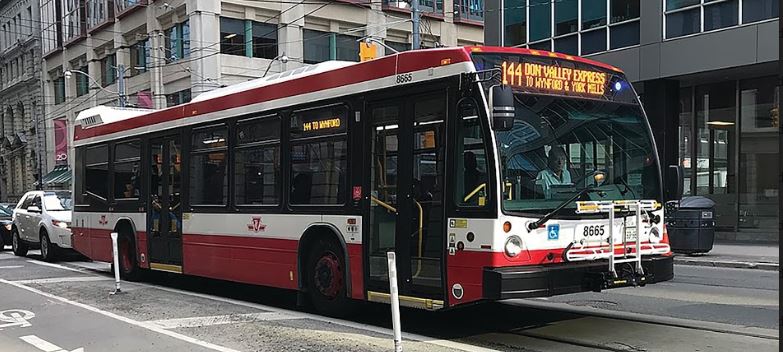Anna Voskuil | News Editor
Featured Image: The YFS makes unilateral decision to reject the U-Pass proposal, despite York’s status as a commuter school. | Courtesy of Pixabay
On August 17, the York Federation of Students (YFS) released an official statement of their rejection of a proposal for the Universal Transit Pass (U-Pass), which was presented to them by the TTC, York Region Transit (YRT)/VIVA, and Brampton ZUM.
However, York was not the sole university in Toronto to reject the U-Pass, as U of T has denied the proposal as well.
According to the statement, the YFS claimed their key issue with the U-Pass was its cost on students—a fee of roughly $105 to $110 per month, which would be added on top of tuition and other ancillary student fees. Furthermore, GO Transit/Metrolinx is excluded from the U-Pass plan.
The TTC’s U-Pass Policy Framework stated that the U-Pass would cost $70 a month per student—approximately $280 per semester. This cost, however, does not account for administration fees that can be added by a student union or post-secondary institution.
In addition, the Framework entailed that an opt-out provision would be made available to individual students whose personal circumstances restrict their ability to use public transit, as protected under the Ontario Human Rights Code.
For all other students, U-Pass fees would be mandatory.
Celia Lewin, a third-year biomedical science student, adds her concern towards this mandatory participation: “It is unfair to impose such a large levy on people who drive to campus and would therefore not benefit from this pass.”
Toronto Ward 21 Councillor and TTC Commissioner Joe Mihevc explains how U-Pass fees are integrated into student fees: “once the students say ‘yes’ to it, it is integrated the same way that athletic fees and student council fees are integrated into the tuition. So you pay the tuition, then basically a piece of that goes to the TTC on a term basis, so for four months.”
Mihevc believes there are a myriad of potential benefits of the U-Pass: “It is a savings to students who use TTC and public transit on a regular basis, and a way to understand it is as a pass to students, especially if they’re not from Toronto. It allows them, then, carefree access to all of the city.
“It is actually a way of encouraging them to see the whole of Toronto. So I think that’s the big benefit—it becomes a passport to students for the entire city.”
Lewin, who commutes by YRT, expresses similar thoughts: “The U-Pass would cost less than I already spend to ride the YRT to York. As well, it would allow me to travel to other areas using other transportation systems.
“Without a U-Pass, these changes mean GTA riders going to York will be forced to suddenly pay almost double the fare they did in the previous school year.”
The YFS’ statement noted that they will be collecting data from commuting students from an online survey, where they “hope to present a more accurate cost analysis to our transit providers for a more realistic and inclusive U-Pass.”
At the time of publishing, the YFS could not be reached for comment.




